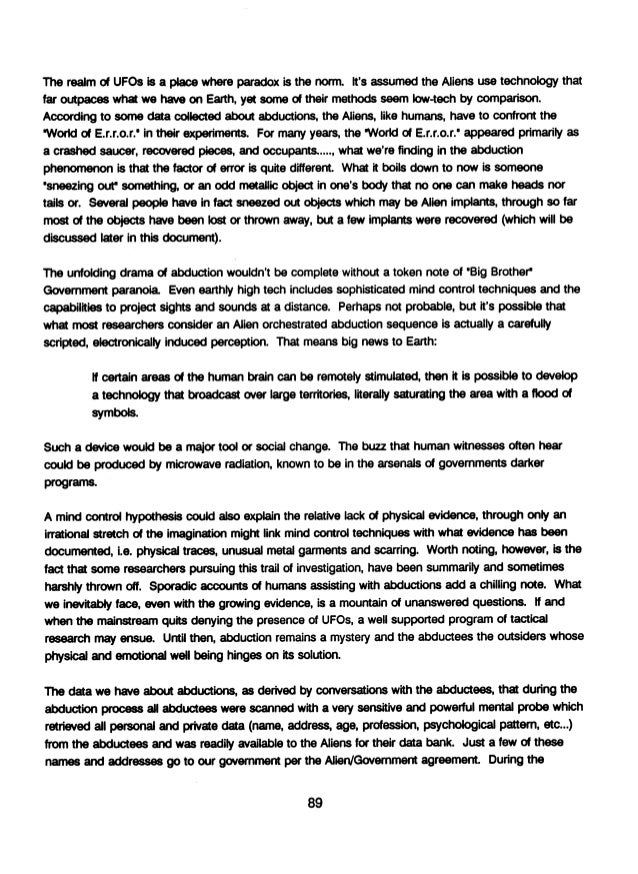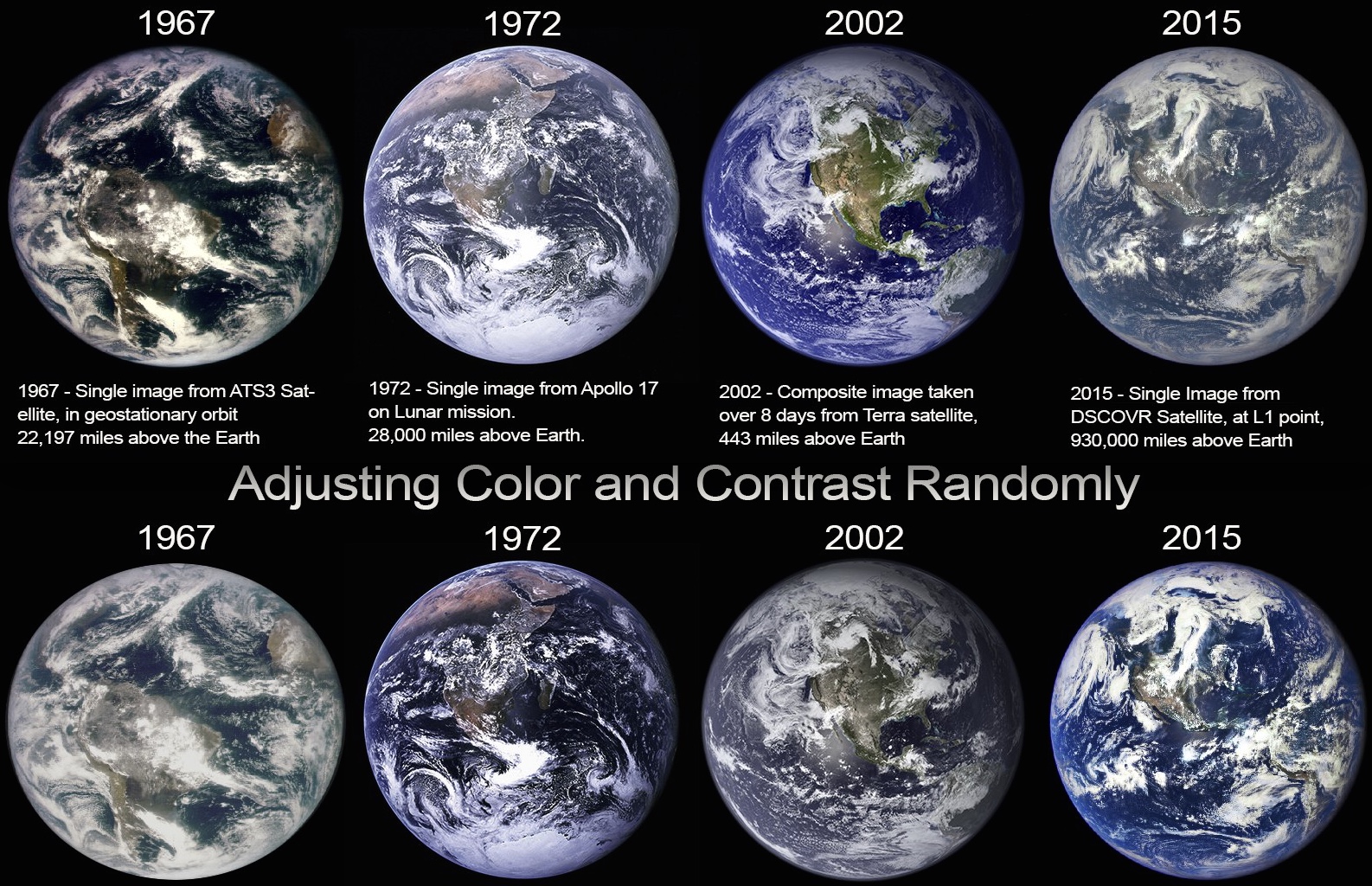

You will think twice about buying and reconsider what you already own, with revived appreciation.įavorite quote: "We need to object when we are identified as a 'nation of consumers' individually and collectively, we are so much more than consumers, and those other parts of ourselves have been relegated to subordinate levels for too long." ' The Life-Changing Magic of Tidying Up,' by Marie Kondo Leonard wants to shift how we think about stuff, and does - Leonard will change you for the better. Can we do anything these days!!? Not to worry, Leonard is not out to make you feel guilty - her solution isn't even for you to stop shopping (although that will help). Bush's response to the 9/11 terrorist attack? Buy more stuff.) From the extraction of resources to production to waste, we are gutting Mother Earth for the sake of vanity, convenience, and - strangely - civic duty. It was revelatory to be saddled up with the uncomfortable reality that even my most innocuous purchases - a t-shirt, cheap jewelry, an aluminum can filled with bubbly grapefruit-flavored water - ransack the environment at every stage. Leonard's book should be required learning. Many will choose ignorance is bliss when it comes to considering the ramifications of consumerism, but we have to be better than that. " The Story of Stuff" is an examination of the costs - environmental and social - built into the lifecycles of our possessions. If any book can put a moratorium on your spending, it's this one. Not that this happened to me, of course, because every six months I get a very expensive Japanese treatment that turns my pubic hair clear like rice noodles." ' The Story of Stuff,' by Annie Leonard She reminds us that we don't feel inadequate because we are, but because society sometimes makes us feel this way.įavorite quote: "Overnight you may grow one long straight white pubic hair. Fey helps us cope through sincere and self-deprecating recollections of her own dweeby childhood and impressive career trajectory.

Her summary of the body parts women feel obligated to own, buy, or reverse-engineer is a brilliant example of this: Caucasian blue eyes, hairless Asian skin, Michelle Obama's arms, and so on.īetween advertising, celebrity worship, and cultural obsession with beauty, we've all felt our self-worth under attack at one time or another - though women are doled a majority of the assailing. In " Bossypants," Tina Fey confronts how ridiculous (and expensive!) womanhood can be - and does so without triggering defensiveness in women and feminist alarms in men. Are you working just to buy things (and then working more to buy more things)? Or are you earning to save and invest in the freedom to do what makes you happiest? Anyone interested in the journey towards contentedness should read this book.įavorite quote: "Individuals who are strongly oriented towards materialistic values place little emphasis on valuing connectedness to others and the community it is difficult to impress others and simultaneously be warmly connected to them." ' Bossypants,' By Tina Fey I can relate to avoiding this book because it can feel like lecturing - like, let me buy my cheetah-print jumpsuit in peace! - but to cold-shoulder Kasser's scientifically supported findings is to risk a lifetime of malaise. Beyond a certain level of comfort and security, seeking affluence can impose high emotional and physical tolls - including insecurity, depression, and a reduced sex drive - even when we get what we want! (Why? Because it's never enough). Tim Kasser spent decades studying materialism and the results are conclusive: an attachment to possessions (and to their pursuit) will not only fail to make us happy but can actually make us unhappy.


 0 kommentar(er)
0 kommentar(er)
